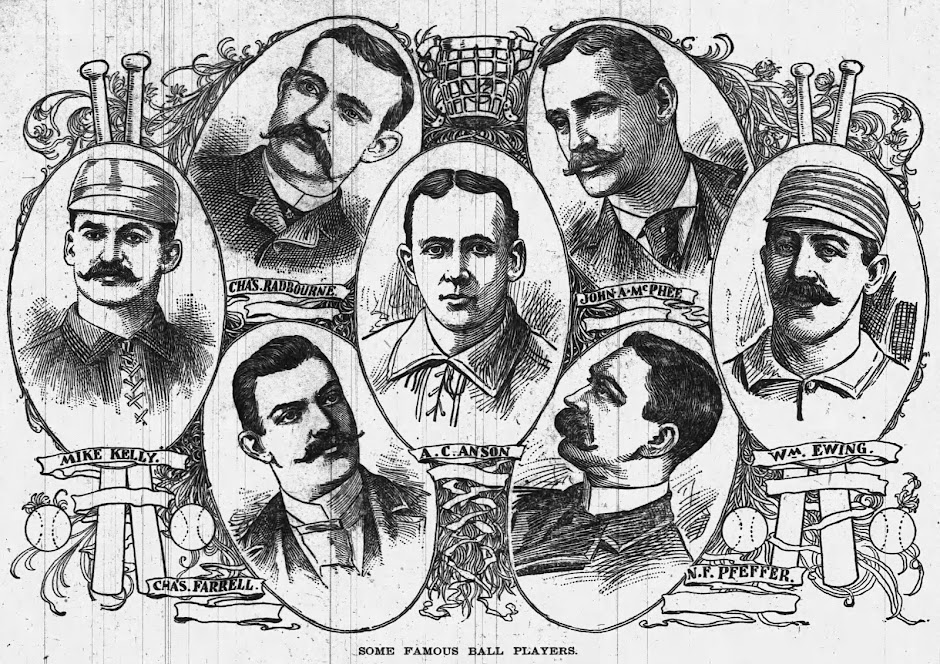In the second scene of Henry VI, Part II, we rejoin Humphrey, Duke of Gloucester, who walked off the stage during the first scene to avoid resuming the "bickering" between himself and Cardinal Beaufort. Gloucester is also upset because of the terms of the marriage treaty for Margaret of Anjou which gave away two key provinces in France. Humprhey is now troubled by a dream where he sees even more problems coming his way courtesy of his enemy, Cardinal Beaufort.
On stage with Gloucester is his wife Eleanor, who does nothing for his peace of mind. She very openly speaks of her dream for Humphrey to become king and for her to become queen so, that among other things, she can witness the humiliation of Queen Margaret. Gloucester severly criticizes her for this attitude pointing out how she has already risen far above her original statation and has all the material things she could possibly want. Her dissatisfaction seems to continue a trend in the this play where all or almost all of the major characters are unhappy about something (some with justification). In addition those with real power, which doesn't include Eleanor, are far more concerned with their dissatisfaction than with the wellfare of the kingdom.
After Gloucester leaves to resume his Lord Protector's duties, we see that Eleanor is not just unhappy, but plans to do something about it. She is joined by Sir John Hume who has been paid by Eleanor to arrange for a witch and other unsavory characters to help her see the future and presumbably how to accomplish her objectives. Only after Eleanor leaves the stage, do we learn that Hume is, in fact, in the pay of Cardinal Beaufort and Suffolk who are trying to trap Eleanor. Hume for his part doesn't care much what happens since he will get paid by both parties.
Hume and Eleanor are too some degree symbolic of most of the characters in the play who choose to resolve their dissatisfaction through illegal or immoral acts. They operate on the assumption that they can use evil for their own ends and not be hurt with the process. Almost without exception each character who makes this choice will find to his or her expense that this assumption is not just wrong, but dangerous, sometimes even lethal.


No comments:
Post a Comment